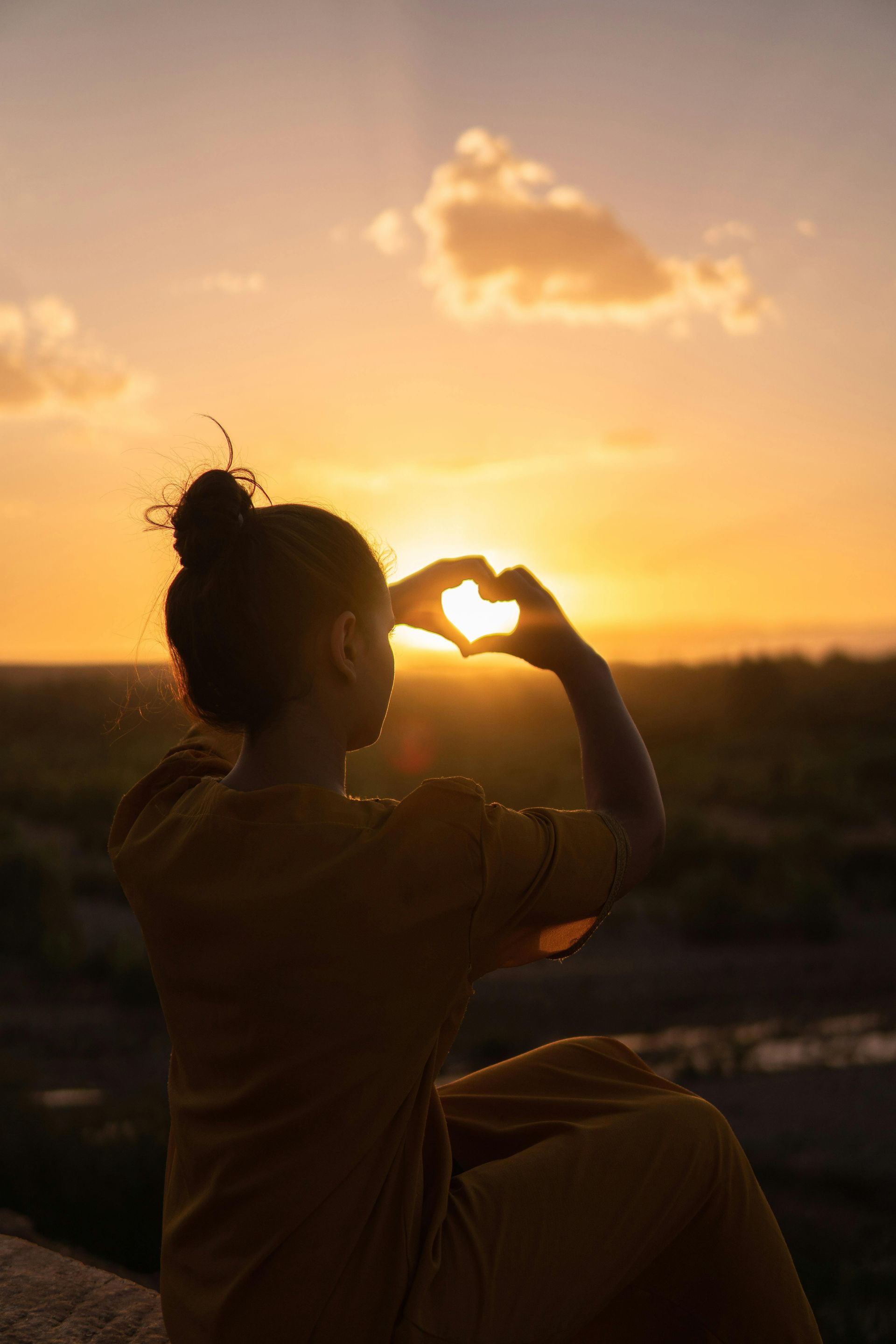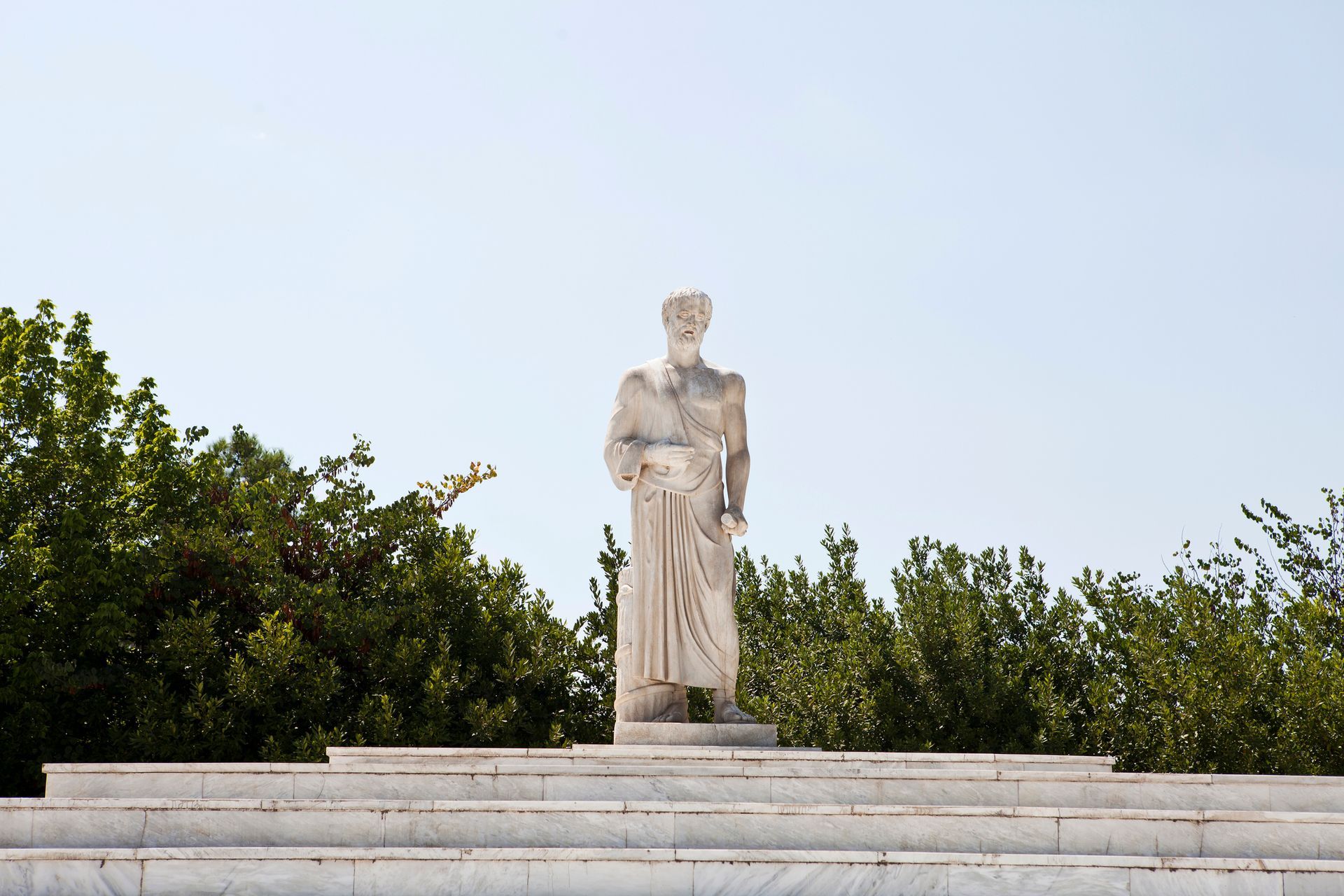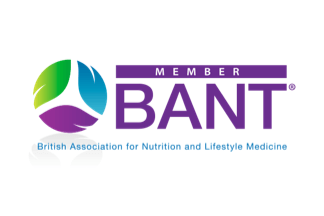COVID-19 AND DIET
PLEASE SHARE
Having shared more lifestyle medicine tips recently, I thought today you might appreciate some dietary influence.
The science of SARS-CoV-2 is rapidly unfolding, science journals are giving special priority to publishing papers on the topic and the brains of the cleverest researchers and analysts are whirling like the sufi dervishes.
In my work it is critical to have the backing of solid scientific evidence for everything we suggest, and above all to comply with the hippocratic oath of “First ,do no harm”. And so, right now with insufficient evidence, the only way of assuring no harm is to support the body with diet, in preference over supplements.
Here are a few little factoids and ways that diet can support us in this tricky time.
Antibodies are proteins that are used by the immune system to neutralise pathogenic bacteria and viruses. So let’s provide them with the precursor ingredients and eat enough dietary protein. You don’t need to eat a huge amount but vegans and the elderly can be underprovided.
Plants provide us with phytochemicals, many of which have seemingly magical characteristics. Of particular note are those that bind the same receptor that covid-19 does, thus reducing it’s capability to infect. In particular, let’s target garlic, citrus fruits (including the pith and peel), turmeric, ginger, onion and green tea.
Inflammation makes the body more susceptible to infection, so now is a critical time to reduce chronic inflammation, something that is so prevalent and yet a silent affliction, you can be inflamed without knowing it. All refined carbohydrates and processed foods will instigate inflammation. So let’s cook from scratch, eliminating anything with flour or sugar. Avoid processed foods as the fat in them is very damaging, even if the quantities might seem small.
And yet tuck in to good fats. The fat found in wild caught oily fish stimulates the same anti-inflammatory pathway as anti-inflammatory medication. How naturally cool is that?
Whilst no science has yet uncovered any direct effect of probiotics against covid-19, it has been recognised that a strong microbiome can enhance the immune system where its greatest capacity is, within the digestive tract. So eat fermented foods, a variety of colours of vegetables and fruit, and bone broth is enormously healing to digestive inflammation.
And the scary note to end on is the strong correlation between obesity and covid mortality. This is the perfect time to learn to cook, to spend time providing sustenance for your family, to take joy in eating together and to lose a few pound whilst we have a non-existent social life.
Come out of your hibernation looking like you’ve blossomed.
With love, until next time, Kate
MORE FROM OUR BLOG









